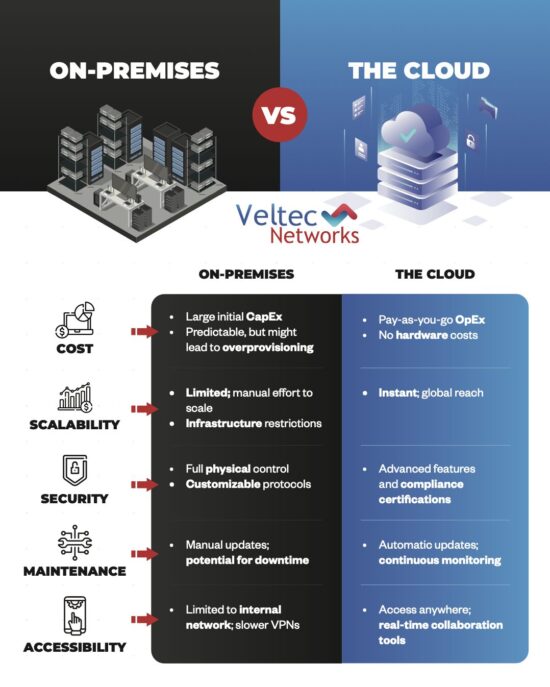Cybercriminals Striking During Times of Uncertainty and Fear
The World is Evolving in the Face of COVID-19 – Pushing Professionals to Work Remotely and Creating a Sense of Uncertainty and Fear Around the World.
It’s no surprise that cybercriminals are ramping up their efforts. Former Chicago Mayor Rahm Emanuel is rather well-known for his quote, “never allow a good crisis to go to waste.” It’s no surprise that cybercriminals are listening to his advice right now – taking advantage of the fact that more professionals than ever before are working remotely, and there are widespread uncertainty and fear throughout the world. As the economy struggles, businesses shut their doors, and we’re all learning a new way to live, work, and connect, cybercriminals are launching massive amounts of phishing attacks and phony domains with the goal of:
- Convincing unsuspecting victims to divulge sensitive information
- Draining bank accounts or receiving large wire transfers
- Infiltrating the network to gather login credentials and other data
Unfortunately, remote work tends to be less secure as opposed to working in the office. Why? Because home computers lack the security measures that are typically used in a corporate setting, including firewalls, anti-virus software, intrusion detection software, and more. And if employees are using out of date computers, they’re exposed to more vulnerabilities that cybercriminals can exploit.

How Can You Keep Remote Workers Safe Against Cybercriminals Taking Advantage of the Coronavirus Pandemic?
We recommend following our tips below to keep remote workers safe against phishing emails, phony domains, and more:
- There is no miracle cure for COVID-19: If you receive an email or visit a website offering information on a cure or treatment, move along. It’s likely an attempt to trick you into installing malware.
- Don’t wire transfer money to anyone: This is one of the oldest tricks in the books. Cybercriminals will reach out and say someone you love is in the hospital and needs money for medical bills.
- Microsoft, Google, and other technology firms won’t call you: Microsoft, Google, and other technology firms will never request sensitive information over the phone or via email. Ignore any requests of this sort.
We’re all in this together. Watch our full video for more information. As always, listen to the professionals and wash your hands, practice social distancing, and keep your remote workers safe. Need a hand? Get in touch with us via the chatbox.
Like this article? Keep reading…
Zoom Cybersecurity 101: How To Keep Intruders Out Of Your Meetings






